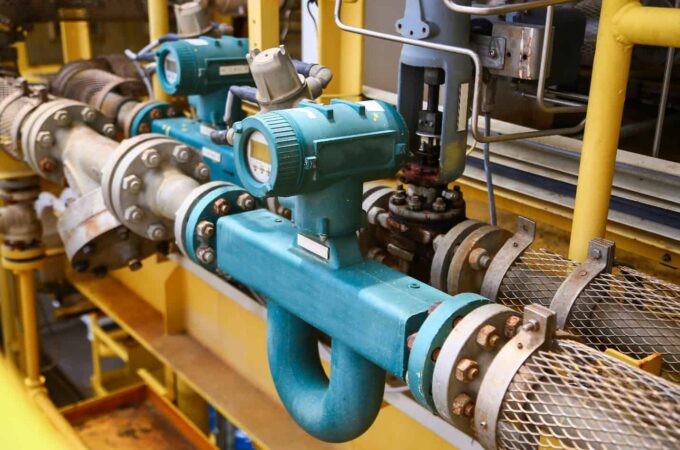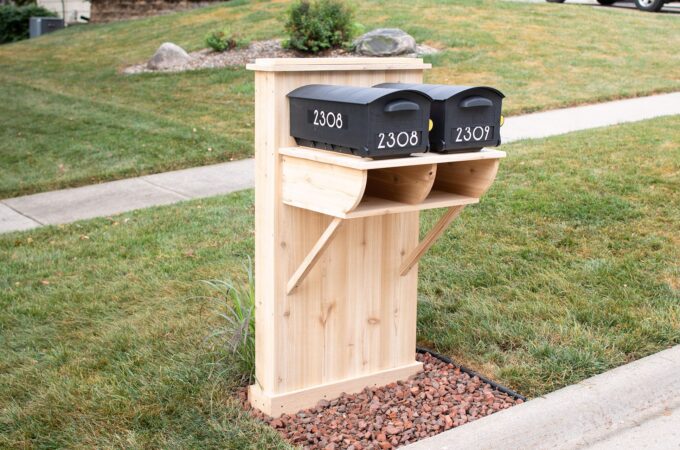
What Type of Flooring to Choose for a Warehouse?
One of the most important aspects to consider when building a warehouse is the flooring. Often overlooked, a warehouse flooring takes an almighty beating over time as it’s where different equipment and goods are transported. With heavy use of HGVs and forklift trucks, it’s important floor coverings are safe for both employees and goods.
There are many different types of flooring, but only a few meet the strict health and safety requirements.
What to consider for warehouse flooring?
A busy warehouse must withstand extreme conditions, with HGVs, pallet trucks and heavy forklifts operating up to 24 hours every single day. Flooring also needs to be friendly to those on foot and it can be a challenge choosing the best one.

Safety
The most important thing to consider for a warehouse floor is safety. With employees walking around (often carrying heavy loads), it’s crucial that the flooring you choose is safe. Every warehouse floor should be clean, bright and clearly mapped out. By using floor paint to mark out different zones, you can create a safe warehouse environment that complies with health and safety regulations. You could even use floor paint to brand your logo into the warehouse floor if you’re looking to impress clients.
Durability
Warehouse flooring has to be durable and practical. To contend with the sheer volume of traffic passing over the flooring every day flooring has to be extremely durable and not prone to chipping or cracking. One of the best options for this is a Polyurea. It is up to 20 times stronger than epoxy floor and won’t crack or peel due to its flexibility.
Practicality
One of the most important factors to consider is how practical the flooring you have chosen is to maintain and clean.
Make sure you can easily keep the floor free of dust and damp to ensure it’s suitable for a busy working environment.
What is the most used flooring for warehouses?

There are so many different options on the market that it can be difficult to know what to choose. Whilst we could list flooring types for hours, we would generally recommend the following flooring for a busy warehouse:
- Polyurea – as mentioned earlier, one of the most durable options is polyurea. Flexible and easy to install, it is a firm favourite when it comes to warehouse flooring.
- Epoxy – one of the most well-known types of resin flooring for warehouses, epoxy offers a durable solution that bonds to your existing subfloor. A versatile material, it comes in an array of anti-slip varieties.
- Polyurethane – this type of resin flooring has a rapid curing time and offers a high heat resistance. It’s a popular food-grade flooring suitable for warehouses, bakeries and even industrial kitchens.
- Polymethyl Methacrylate – perfect if you’re short on time, this speedy flooring cures in just a few hours, making it the perfect option if factory downtime needs to be kept to a strict minimum.
- Polished concrete – a trendy option in both commercial and residential properties, polished concrete is an affordable option for many warehouses. Although it can withstand the weight of a forklift, it’s not as durable as its resin counterparts.
If you’re looking for warehouse flooring, there’s no one-size-fits-all solution. Different flooring types have different properties, and some will be more suitable depending on each business’ requirements. With so many options our there, make sure to look at the corresponding health and safety regulations to make sure your employees are protected.




